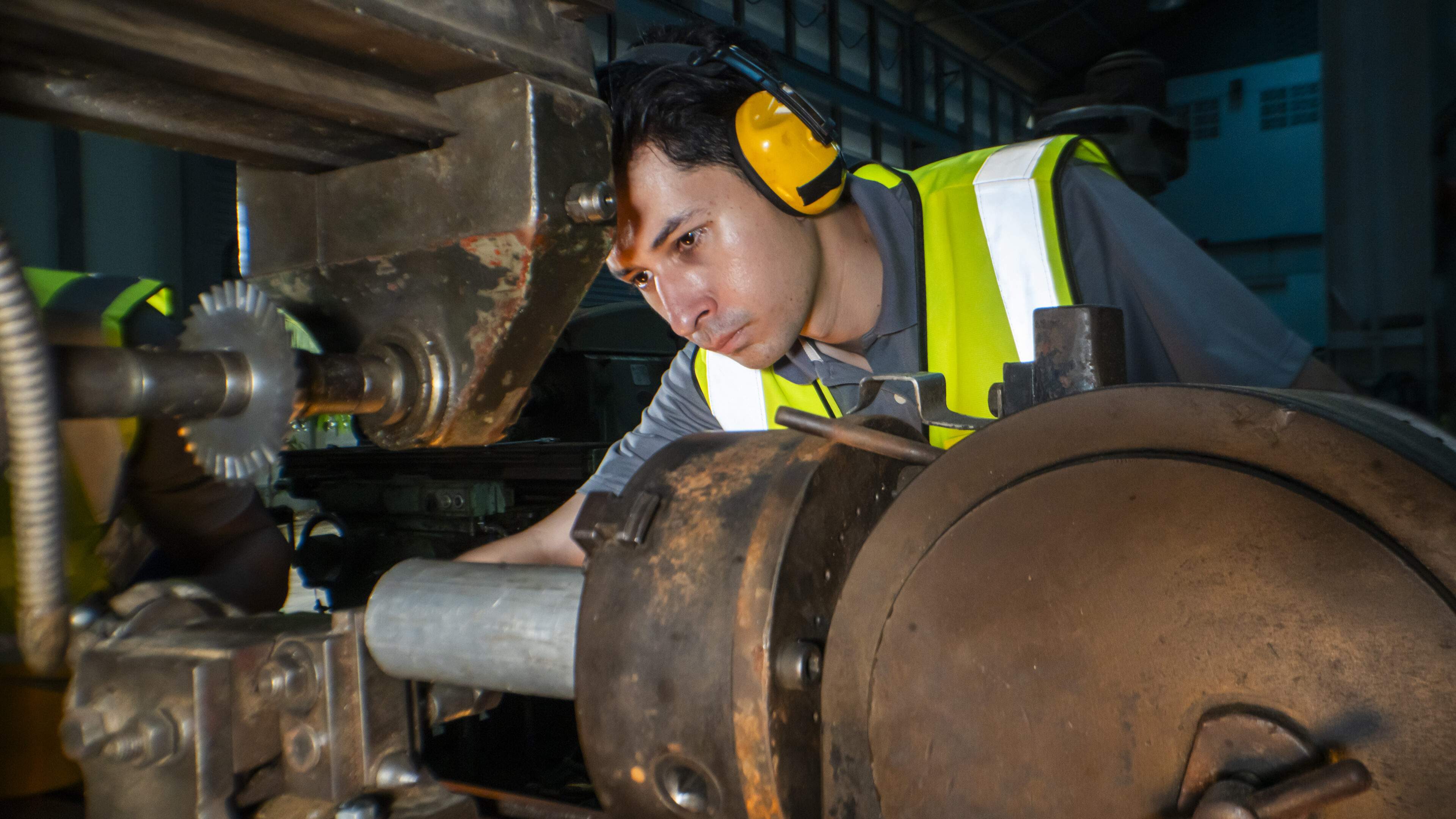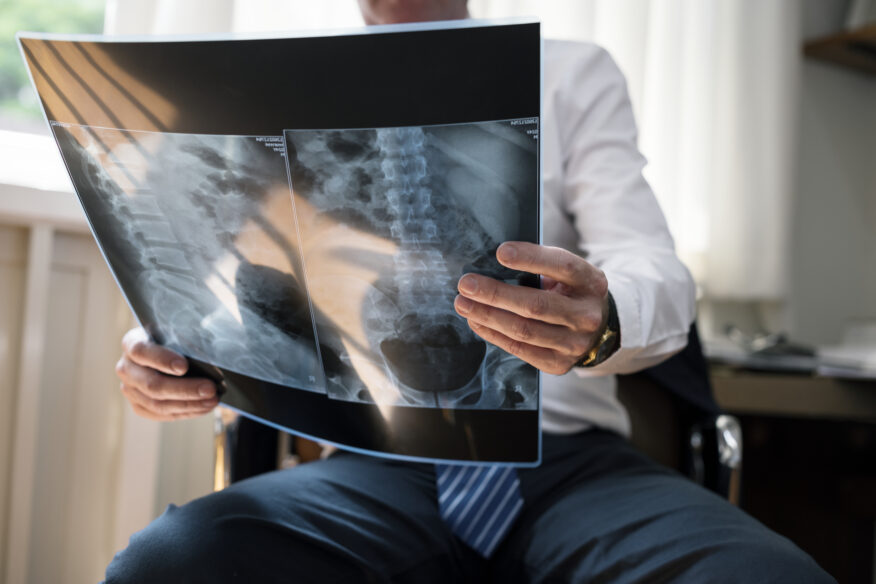
Industrial deafness – sometimes called boilermakers’ deafness – is hearing loss caused by prolonged exposure to loud noise. It is common in both coal mining and non-coal mining workplaces. Due to the high level of noise exposure in coal mines, this will be the first in a series of articles exploring how to protect your rights and hearing.
You can learn more about managing noise at work from Safe Work Australia.
Who do I claim against for hearing loss at work?
One of the most important legal questions is: which employer is responsible?
Under NSW law, a claim for workers compensation for industrial deafness is made against your last noisy employer – that is, the last employer where the work was capable of causing industrial deafness. This rule applies even if you only worked there for a short period.
If you’ve worked across multiple mine sites or employers over the years, this legal rule helps to clarify who must respond to your claim.
How do I know if my workplace was noisy enough?
Most coal mines and coal handling facilities are recognised as high-noise environments. But if there is any doubt, testing equipment can be brought in to measure noise levels.
A quick self-check is: if you need to raise your voice to talk to someone right next to you, the noise is likely hazardous.
At Whitelaw McDonald, we can help assess your eligibility and guide you through a hearing loss claim. Contact our team for tailored legal advice.
What if I leave coal mining before making a claim?
Timing is crucial. If you suspect hearing damage while working in coal mining, it’s important to get a hearing test and consider making a claim before moving into another noisy industry.
If you start working in another loud environment after leaving the coal sector – for example, in manufacturing or construction – your new employer could become your last noisy employer, and you may lose access to the more favourable compensation scheme for coal miners.
In some cases, this could mean the difference between having a valid claim – and missing out.
Claiming workers compensation for industrial deafness
Once your claim is accepted, you may be eligible for:
- hearing aids and treatment
- lump sum compensation
- ongoing benefits under workers compensation.
The process differs slightly depending on whether you’re classified as a coal miner or non-coal miner, so it’s important to seek advice early.
For tailored support, speak with our workers compensation team.
Prevention is key
While legal compensation is available, the best defence against industrial deafness is prevention. If you work in a noisy environment, make sure to wear hearing protection and follow safety procedures. Employers have a duty to reduce noise exposure, and workers have a right to safe conditions.
If you believe you may have suffered hearing loss due to workplace noise, particularly in the mining industry, don’t delay. Understanding your entitlements under workers compensation for industrial deafness can help protect both your health and financial future.
This is general legal advice only. Please seek advice specific to your circumstances.
Stuart Barnett
Whitelaw McDonald Lawyers


